Sahrawis for Peace Movement, a New Hope
Like the old totalitarian regimes, the Polisario Front is going through a serious crisis that threatens both its status among the Sahrawi population and its so-called “legal” representation.
This crisis is multidimensional.
Firstly, the ceasefire signed in 1991 with the Moroccan authorities was remarkable, as it marked the beginning of a revival of memory and interest among the Sahrawi refugee population in internal affairs—particularly regarding the crimes committed by the Polisario during the war period, such as torture under the harshest conditions, arbitrary detentions, and executions. In short, we are speaking of persistent and disproportionate violations of human rights born of extreme political naïveté.
Secondly, the Polisario has completely failed to adapt its political discourse to the needs of society and to the international context, while marginalizing Sahrawi talents under various pretexts.
In this context, freedom-seeking Sahrawis raised their voices for the second time—after the 1988 Revolution—against the authoritarianism of the Polisario. Upon returning to their territories, despite Moroccan occupation, they declared:
“I prefer to live under the occupation of the enemy than to live in exile under the contempt of the ‘friend’.”
This confirms that the Polisario, led by an opportunistic mafia of the “seven thieves” and controlled in turn by the Algerian intelligence services, has been a complete failure on every level: diplomatic, moral, and ethical. It is a decadent mafia that has led the Sahrawi people into a political dead end—a closed impasse that allows them neither to advance nor to retreat.
As a result, the unfavorable situation of the Sahrawi people has continued to deteriorate, and today they seek, by all possible means, a solution that allows them to live with dignity rather than remain in exile under the influence of repetitive slogans based on deceptive demagoguery.
In this sense, Sahrawi political leaders have emerged who have loyally responded to the repeated demands of the citizens—not only human rights activists living in the refugee camps, but also men of great stature and considerable intellectual capacity, such as El Hadj Ahmed Barikalla, who went on to found his political movement known as Sahrawis for Peace (MSP).
A faithful defender of the Sahrawi cause, El Hadj Ahmed Barikalla joined the Polisario at an early age—like the rest of the intellectual class—after the dual Mauritanian-Moroccan occupation, becoming an official in the Sahrawi information service.
Later, he became a founding member of the Sahrawi representation in Spain, thanks to his personal struggle and networks of communication with Spanish civil society and authorities, which led to several humanitarian aid initiatives from Spain to the Sahrawi refugees. He also played an important role in securing Spanish recognition for members of the Polisario, who had previously been regarded as leaders of a terrorist movement.
El Hadj Ahmed Barikalla’s career is renowned for his significant and honorable contribution in South America, following the recognition of the SADR (Sahrawi Arab Democratic Republic) by nearly all South American countries—an expansion he personally led with very modest means and coordination.
It should be noted that this prominent figure left the Polisario after repeated humiliations aimed at restricting his authority and silencing his self-criticism.
In conclusion, it can be affirmed that the emergence of a Sahrawi political movement such as the Sahrawis for Peace (MSP) is a promising initiative that may put an end to the long-suffering of the Sahrawi people.

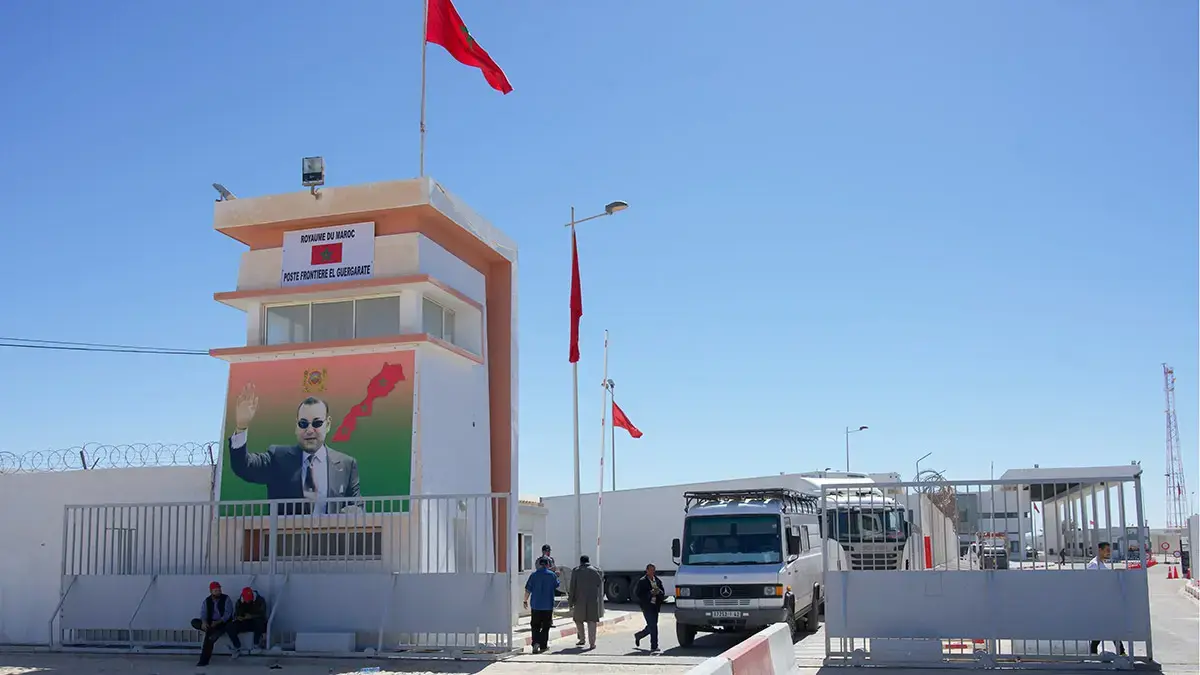
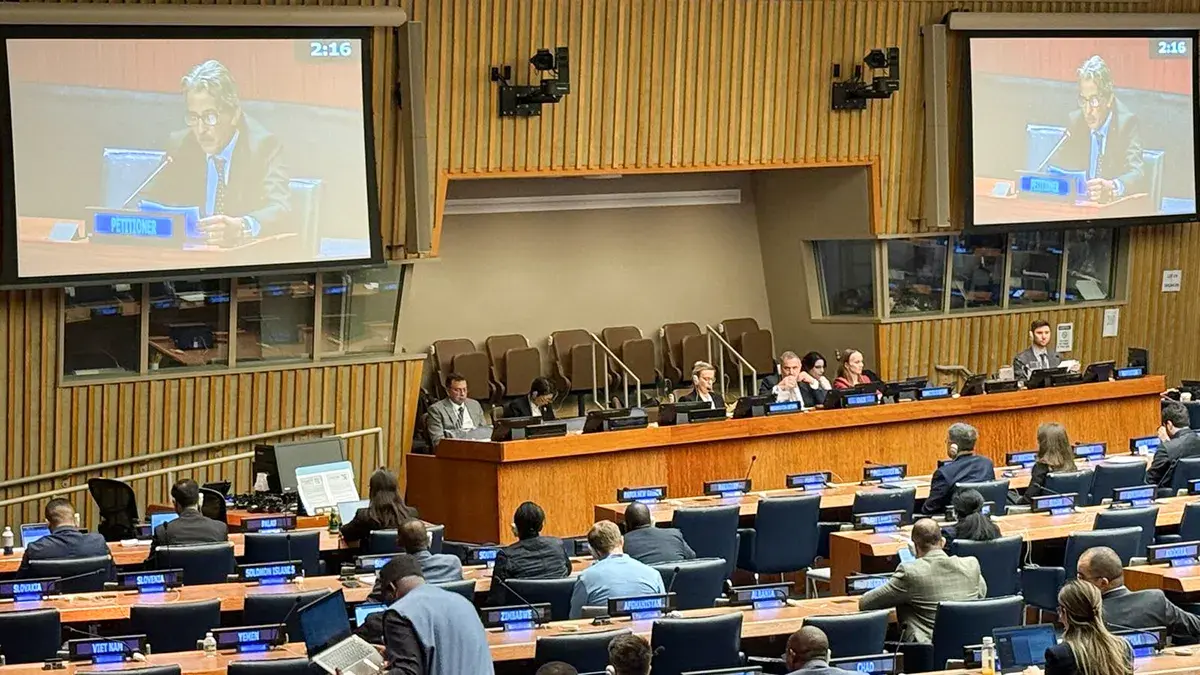
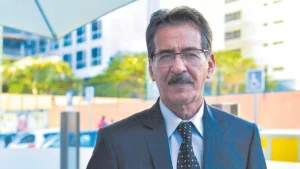
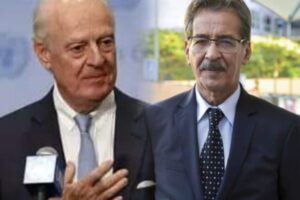
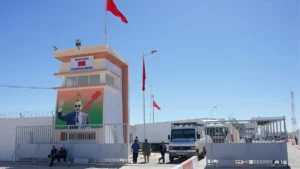
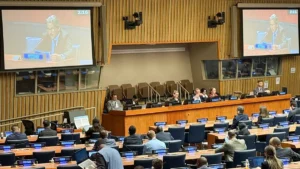

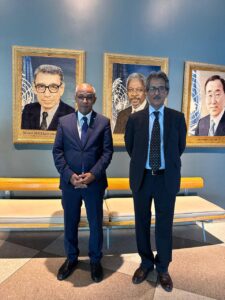

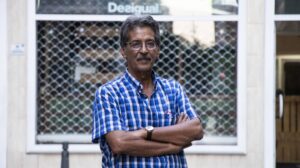
Post Comment